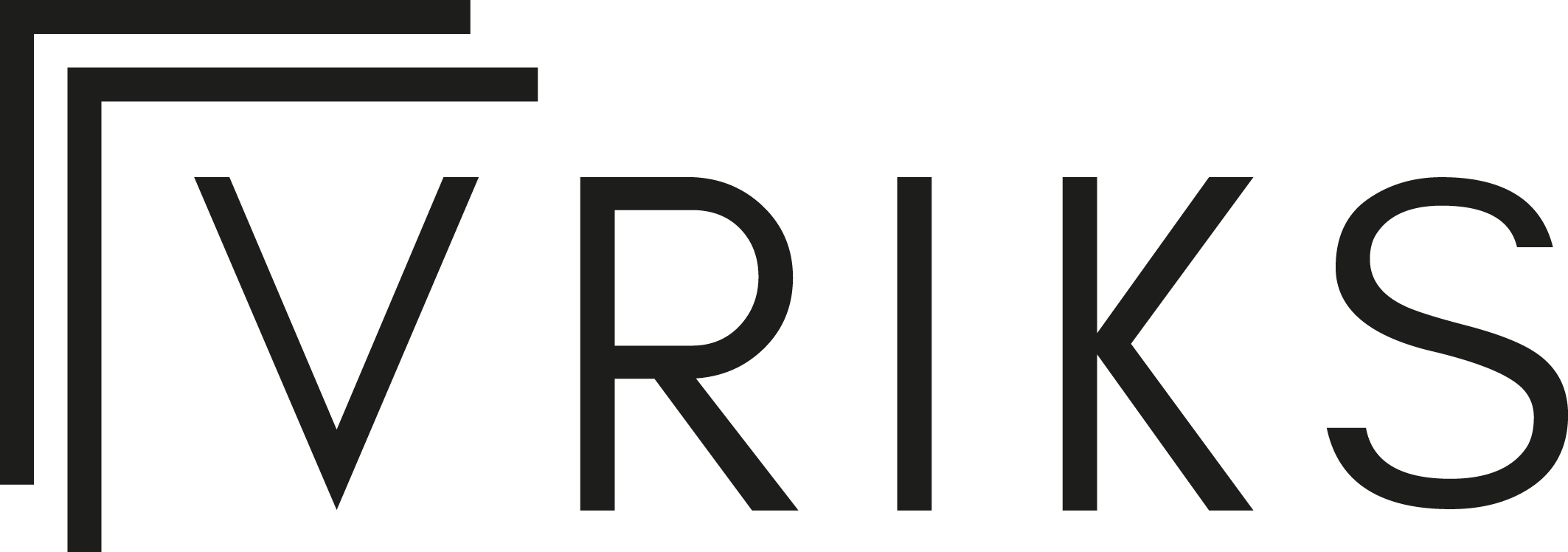The life-cycle as it has been looked upon in the last century does no longer persist. It is not as simple anymore as “building up knowledge” in the first 20 to 30 years and simply “using that knowledge” until “retirement”. It has been clear and talked about for quite a while now that we will no longer see a majority of workers stay with the same company in the same job for 40 or more years of their life. But those people still exist and more important: in many parts they are still dominating decision-makers.
While many institutions are only changing slowly we can already see and feel the change around us: technological opportunities and storage capacities are developing faster and faster, in the labor market more flexibility brings less security, putting a lot of pressure on the individuals to prove themselves again and again. Terms that relate to these developments and are sometimes mentioned as solutions to the challenges are: the employee as an entrepreneur, life-long learning, and increased importance of informal learning.
A careful consideration reveals that these terms are simply rephrasing the challenges. Only rarely have any changes been incorporated in institutional structures. A potential explanation might be that is quite unclear what kind of change we specifically need. How do employees become entrepreneurs? Not everyone is the born entrepreneur. How do we deal with different personalities and skills in that respect? How can we fill the term lifelong learning with meaning, apart from the connotation of elderly people learning how to use a computer or to surf the internet? How does informal learning take place? And most importantly: what skills do we need to provide our children with to handle all this?
If we take lifelong learning serious the lines between the traditional first and the second phase of life become blurry. People do not stop to learn after school. And they do not only start to take on responsibility when they leave school. A 15 year old with a good idea and some specific skills can start a company and lead it to huge success before even having a high school degree.
What we know as school – studying clearly defined subjects in a hierarchical set up, sticking to a curriculum that roughly changes every 20 years – does not fit the needs of future generations anymore. In fact: fact knowledge does not distinguish anyone anymore and is no job guarantee. More important are flexibility and adaptability as well as the meta-skill to find the correct information quickly, distinguish information by relevance and choose the right tools. In this context school cannot continue as always, it has to be talked about which skills students need: What enables them best to live in a steadily changing world? What knowledge and skills do we want the citizens of our country to have in a two-fold world with a digital and non-digital part? Those questions go beyond a “digital Knigge” or any other approach of applying analogue concepts to the digital world. To answer them we first have to understand the impact of digitalization.
With the almost unlimited access to fact knowledge and the low entry barrier of digital innovations hierarchies become less attached to age and thereby less unambiguous. The roles of teacher and scholar become more flexible. Analogue to readers becoming writers with blogs and social media, consumers becoming producers with 3D printers, everyone can be a learner in one context while being a teacher in another context.
In such world, do we still need the profession of a teacher as we know it? Maybe the ones that are called teachers so far have to get used to sometimes participating in a workshop lead by one of their students and should be called mentors, coaches or counselors instead. Their authority cannot be based on fact knowledge anymore. Rather they have to convince with their personality, their competence in building up and shaping social relationships as well as the skill to accompany students while learning and growing up. In our search for alternative learning setups we could look at already existing examples of problem-based learning, peer learning, coaching and mentoring.
And what skills are needed in the school of tomorrow?
This is a wide field of itself, so in the following I can only touch upon two core aspects: communication and problem solving.
The growing number of different devices and tools for communication as well as the parallel worlds of direct communication and digital communication call for a reflection on how these differ and how to use them. We might have to extend our understanding of teaching language to the understanding communication. Additional to the spoken and written language this could include using signs and symbols as well as strengths and weaknesses of different modes of direct and digital communication. Interpersonal skills can be seen as a support system. And from what is known from psychology and educational science, we do not learn for ourselves, we learn best in interaction. Furthermore direct interpersonal communication is the only emergency system to rely upon for the case of a breakdown of the digital infrastructure.
When the specific challenges cannot be foreseen the best preparation is to train problem solving skills. On the one hand technical challenges require mathematical and scientific problem solving skills. Along with that also comes the need for analytic and qualitative problem solving skills that help to systematically approach a challenge and foresee social consequences. Both skills can be trained by working together on specific projects, as opposed to a one-to-many teaching situation on one specific aspect. Here the focus is not on one specific skill, but rather on solving a specific problem by the means of all kinds of technical and social challenges.
Both aspects, communication as well as problem solving skills, are also core aspects in many working environments. Furthermore the need for ongoing flexible learning modes and knowledge management rises. This makes the boundaries between school and the worlds of business or research become more and more indistinct. Once we get used to thinking about them in a similar manner this might make our lives a lot easier, because some questions only have to be answered once.





